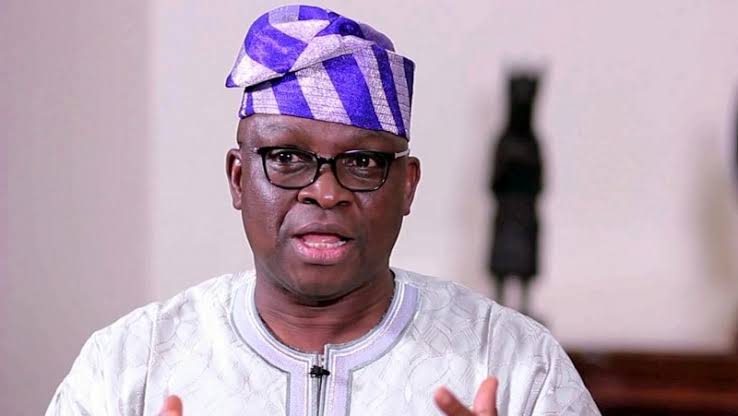BBC SPORT
As a 19-year-old about to make her debut at the 2016 Olympics, Doaa Elghobashy knew she would make history in front of a global audience.
Not only was she one half of Egypt’s first female beach volleyball team to compete at the Games, alongside team-mate Nada Meawad, but that opening encounter on Rio de Janeiro’s famous Copacabana Beach also made the first player to take to the court in long pants, sleeves and a hijab headscarf – all reflecting her Muslim faith.
Against German opponents wearing bikinis, a picture of Elghobashy contesting a ball at the net became the focal point for a flurry of reports, comment pieces and social media exchanges.
The debate and opinions ranged from suggestions of a ‘culture clash’ to talk of the unifying power of sport.
“After the match, I was surprised by people asking ‘what is this?’,” recalled Elghobashy, speaking to BBC Sport Africa.
“[They said] ‘it is not allowed. A bikini is a bikini’.
“I can’t play in a bikini because I’m Muslim.”
Photos from that match in Brazil are now enshrined as iconic Olympic images.
Eight years on, Elghobashy is about to return to the Games for the first time as part of a career that has been as impressive on the court as it has been influential off it.
“For me, if you are Muslim, you can play beach volleyball, you can play volleyball, you can play everything,” she said.
“Now I tell every Muslim girl and player, ‘If you want to play, you can play with a hijab, without a hijab. But play’.”
‘Freedom for everyone’

Up until the 2012 Olympics female volleyball players were obliged to wear bikinis (with the lower part no more than 7cm from top to bottom at the hip) or a one-piece swimming costume – a rule which some regarded as a transparent attempt to make the sport sexy.
At the time the governing body, the International Volleyball Federation (FIVB) explained that its aim had been to open up the sport to more players, echoing the views of some onlookers who said they wished there had been an earlier example of the kind Elghobashy made on her Olympic debut.
Football’s world governing body Fifa soon followed the FIVB’s example, authorising head coverings for religious reasons in 2014.
Morocco defender Nouhaila Benzina became the first player to wear a hijab at a Fifa World Cup last year.
However, 2024 Olympics hosts France have banned their team members from wearing hijabs, with the country’s sports minister, Amelie Oudea-Castera, saying the move was made to help respect principles of secularism.
Amnesty International and 10 other groups wrote to the International Olympic Committee in June asking for the ban to be overturned, warning that it causes Muslim athletes to be “discriminated against, invisibilised, excluded and humiliated”.


